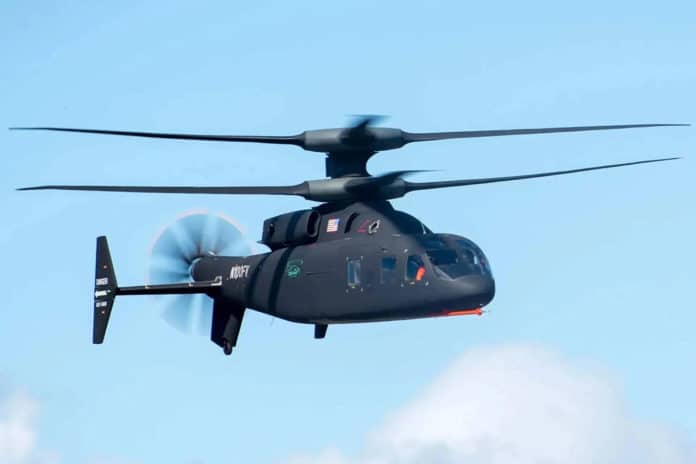The U.S. Army Combat Capabilities Development Command, Army Research Laboratory (DEVCOM ARL) has awarded General Electrics a new $5.1 million research and development contract for the Applied Research Collaborative Systematic Turboshaft Electrification Project (ARC-STEP), bolstering GE’s efforts to develop hybrid electric engine technologies for the future of flight.
The project includes research, development, testing, and evolution of a megawatt (MW) class electrified powerplant that further develops technologies applicable to Army Future Vertical Lift (FVL). The goal is to explore the performance of such alternative systems while still meeting the Army’s needs for increased payload, endurance, range, and sufficient onboard power.
The experts from GE and the Army will work together to develop an advanced hybrid-electric propulsion system that is meant to be lightweight, efficient, reliable, and safe. The system will combine a GE CT7 turboshaft engine with a GE-produced electric machine and power electronics. According to the company, the future tests will take place at GE’s Research campus in Niskayuna, N.Y.
Last year, GE was selected by NASA for the Electric Powertrain Flight Demonstration (EPFD) project to further develop an MW-class integrated hybrid electric powertrain and demonstrate flight readiness for single-aisle aircraft. Both the EPFD and ARC-STEP awards are helping GE to continue building extensive experience with hybrid electric systems and electrical power generation.
General Electric began its research on hybrid-electric propulsion systems back in 2009 when it participated in the Boeing Subsonic Ultra Green Aircraft Research (SUGAR) study. The NASA request was to identify aircraft technologies that would lower emissions and reduce fuel consumption for future aircraft flying after 2030. A few years later, the company opened the EPISCenter (Electrical Power Integrated Systems Center) in Dayton, Ohio, a dedicated facility for developing and testing electric power components and systems for aircraft.
In 2019, GE hit a milestone, demonstrating an MW class motor/generator at altitude conditions up to 36,000 feet at NASA’s Electric Aircraft Testbed (NEAT) facility in northern Ohio.
